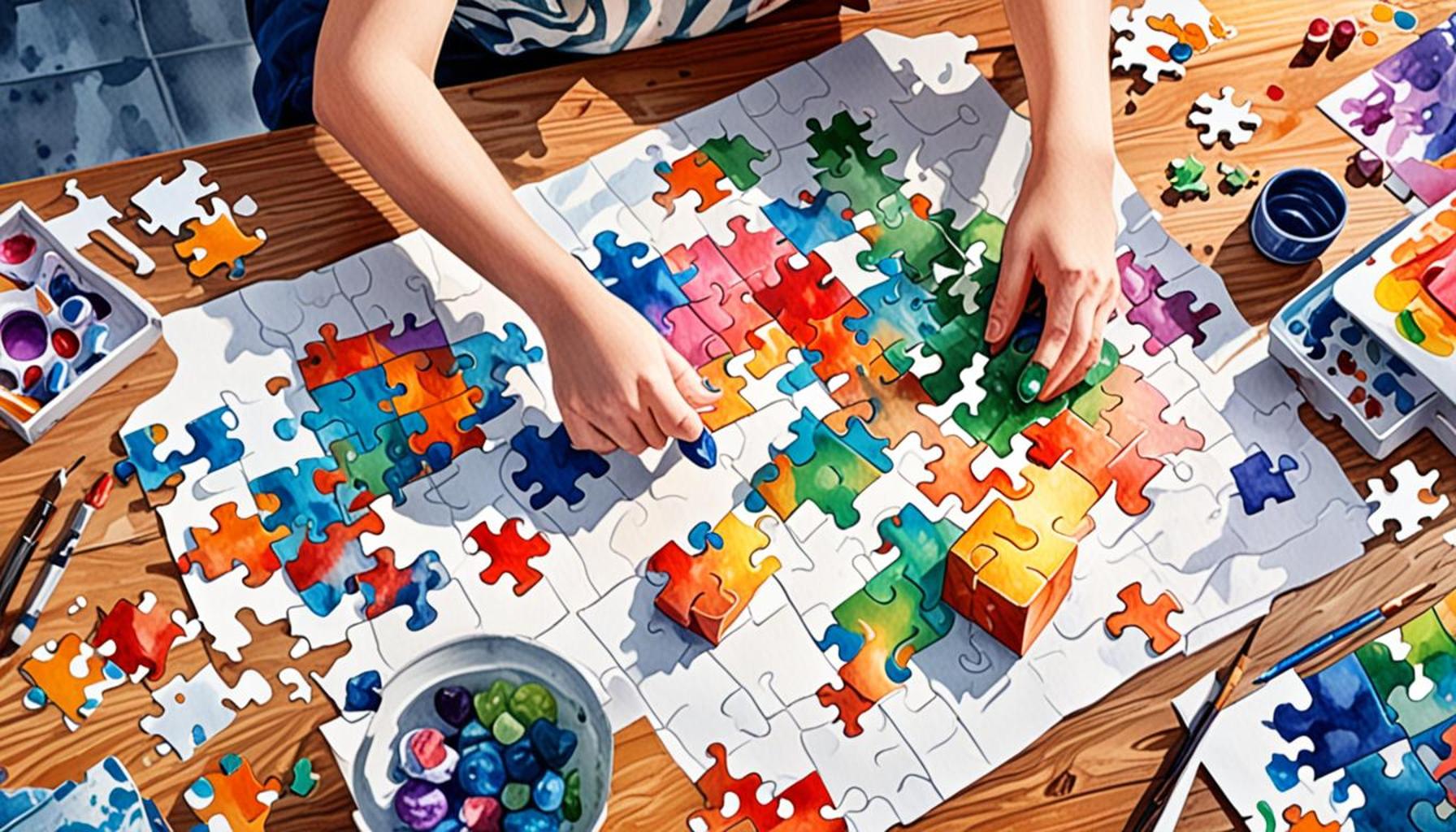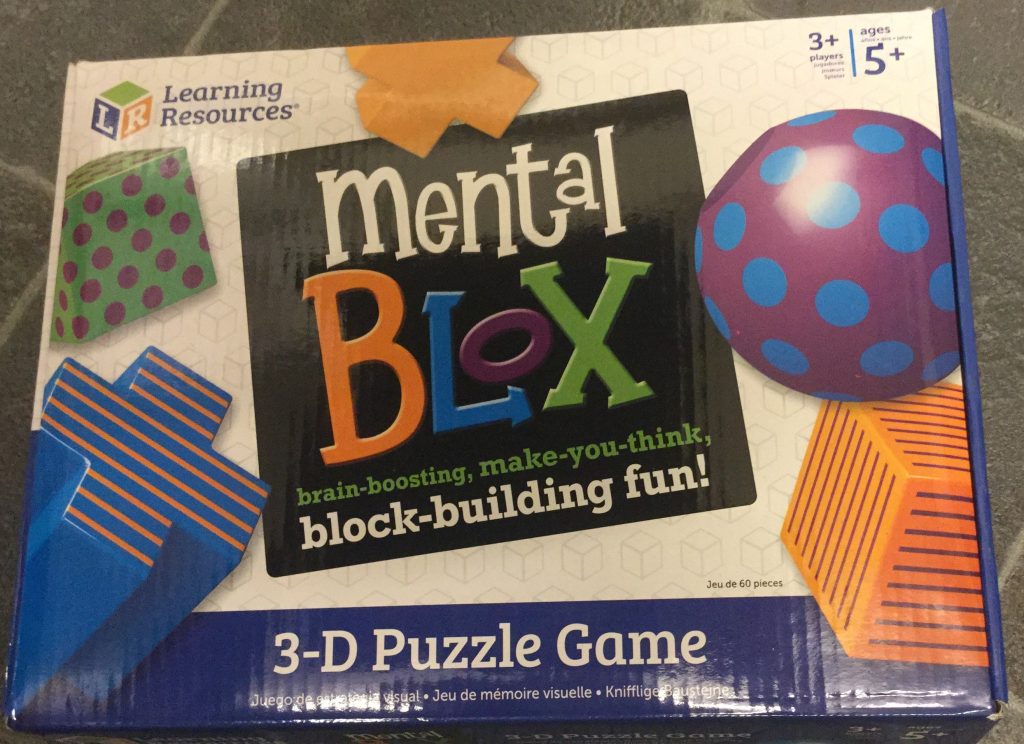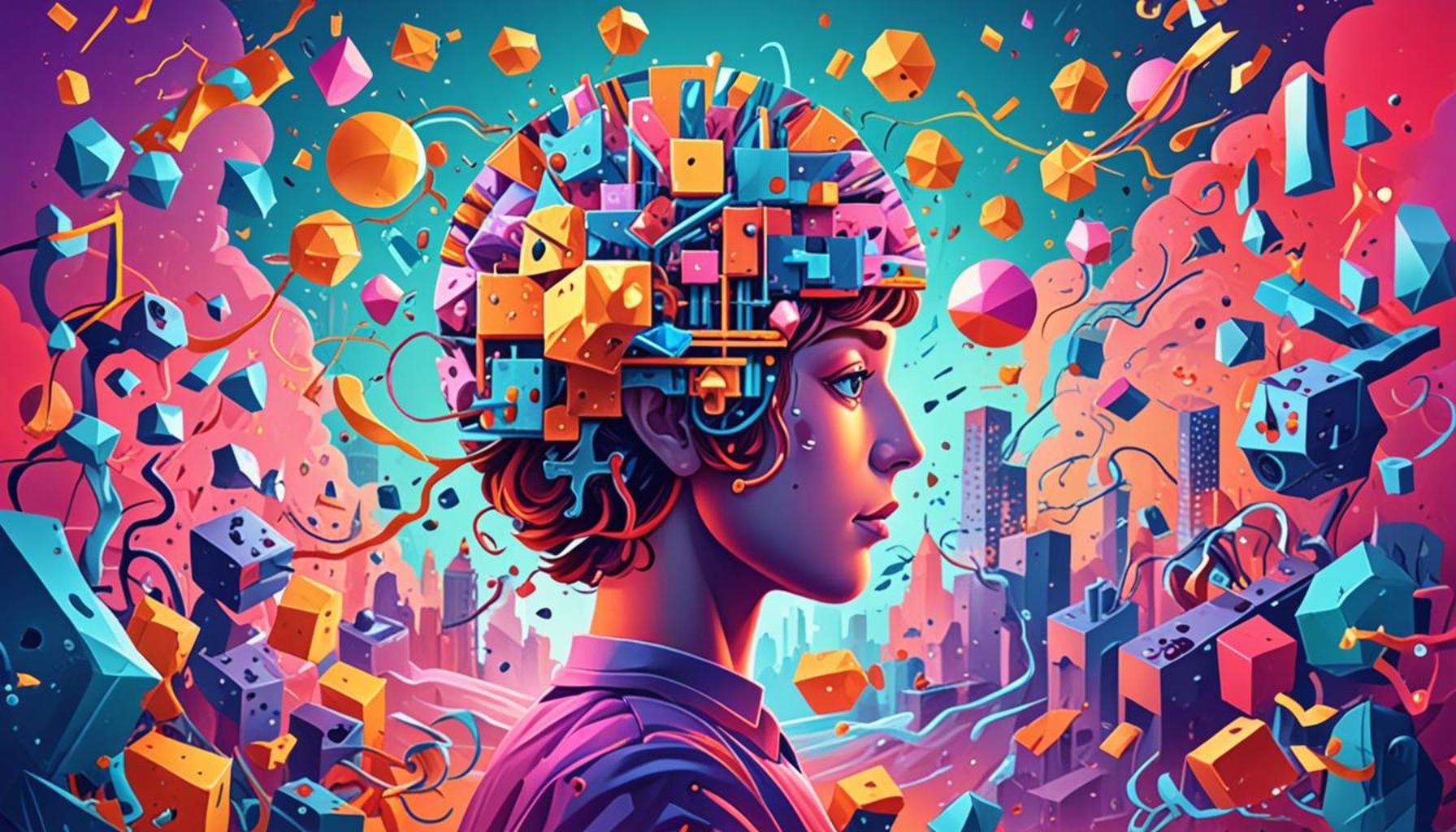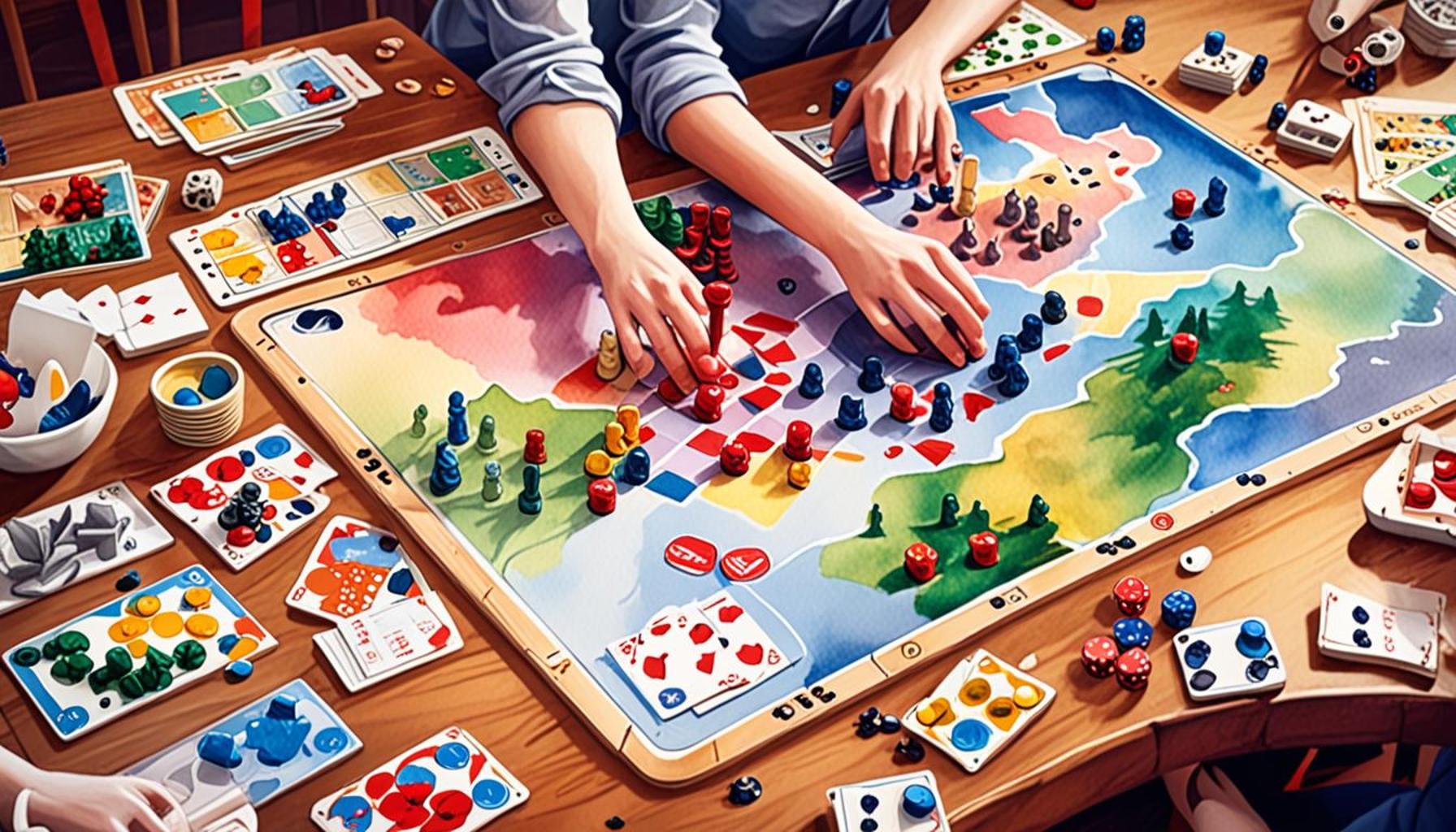Developing Critical Thinking Through Puzzles and Mental Challenges

Unlocking the Mind’s Potential
In today’s fast-paced world, where information is literally at our fingertips, the art of critical thinking has never been more crucial. With the deluge of information available through the internet and other media, the ability to sift through data, evaluate arguments, and make informed decisions is paramount. Engaging with puzzles and mental challenges offers a dynamic approach to enhancing this critical skill. Not only do these activities entertain, but they also serve as a rigorous workout for the brain, allowing individuals to enhance their cognitive abilities and refine their decision-making skills.
Why Puzzles Matter
Participating in brain teasers and logic games provides numerous benefits that extend far beyond merely passing the time. Here are just a few of the significant advantages:
- Enhancing problem-solving skills: Tackling difficult puzzles encourages innovative solutions. For instance, a study published in the journal Thinking Skills and Creativity showed that students who regularly engaged in problem-based learning achieved a significant improvement in their ability to devise creative solutions in real-world scenarios.
- Boosting memory retention: Regular engagement with puzzles helps strengthen neural connections, thus improving cognitive functions. Neuroscience research indicates that solving puzzles activates various areas of the brain, enhancing both short-term and long-term memory. The more neural pathways agents engage, the greater one’s memory capacity can become.
- Improving focus: Concentrating on intricate challenges fosters better attention span. A classic example is chess, which requires players to focus intensely on strategy and tactics, thereby enhancing their concentration skills, which can translate into improved performance in other areas of life, such as academic and professional pursuits.
A Variety of Options
There exists a rich tapestry of puzzles and challenges to explore, each with unique benefits and appeals:
- Sudoku: This number puzzle emphasizes logical thinking, encouraging players to analyze patterns and structures before arriving at a solution. Notably, engaging in Sudoku can help improve numerical fluency, crucial for many academic and career paths.
- Crossword puzzles: These are not only fun but also stimulate vocabulary enhancements and lateral thinking. Regular crossword enthusiasts often report an increased vocabulary, which is invaluable for communication skills in both personal and professional settings.
- Logic games: Games like “Set” or “Mastermind” develop reasoning skills through structured challenges. These games require players to think ahead and hypothesize, skills that are transferable to many real-world decision-making scenarios.
By immersing oneself in the world of puzzles, individuals embark on a journey of self-improvement while simultaneously enjoying the process. Whether you are a seasoned puzzle enthusiast or a curious beginner, the road to enhancing your critical thinking skills lies within these engaging challenges. The benefits extend into various aspects of life, making puzzles not just a pastime but a pathway to personal growth.
DIVE DEEPER: Click here to discover more

Cognitive Engagement Through Puzzles
As we navigate the complexities of modern life, our cognitive abilities are put to the test more than ever. Reflecting on a range of studies, the relationship between engaging in puzzles and developing critical thinking skills is both intriguing and enlightening. Research consistently shows that solving puzzles not only provides a fun diversion but also builds essential cognitive abilities, helping individuals approach problems with a fresh and analytical mindset.
The Science Behind Puzzle Solving
To understand how puzzles enhance critical thinking, it’s essential to recognize the neurological and psychological implications of these mental challenges. The brain, much like a muscle, grows stronger and more adept through exercise. Regular engagement in puzzles stimulates the brain, activating various neural pathways that contribute to greater cognitive flexibility. This activation is not only beneficial for mental health but plays a significant role in improving analytical skills and problem-solving capabilities.
Engaging with puzzles influences cognitive functions in several key ways:
- Boosting Creativity: Puzzles often require out-of-the-box thinking, prompting individuals to explore unconventional solutions. A 2019 study published in the journal Cognitive Science found that participants who engaged in creative problem-solving tasks, including puzzles, demonstrated a 40% increase in their ability to think divergently.
- Enhancing Logical Reasoning: Many puzzles, such as logic grid puzzles, explicitly require the use of deductive reasoning. By regularly practicing these forms of challenges, participants strengthen their capacity to reason through problems systematically. An analysis featured in Journal of Educational Psychology indicated that students who used logic puzzles showed marked improvements in their reasoning skills over a semester.
- Promoting Mental Resilience: The process of engaging with challenging puzzles fosters a growth mindset, encouraging perseverance in the face of difficulties. This psychological resilience translates well into various life scenarios, enabling individuals to approach setbacks and challenges with greater confidence.
Furthermore, puzzles come in an array of forms, appealing to diverse interests and skill sets. Engaging with different types allows individuals to continuously challenge themselves and expand their cognitive horizons. For instance, mathematical puzzles develop quantitative reasoning, while word games not only improve vocabulary but also enhance critical reading skills.
Applying Puzzle Skills to Real Life
The ability to think critically, fostered through puzzles, has incredibly practical applications in real-world scenarios. The skills acquired from these mental challenges are transferable, impacting different dimensions of life, including academic achievement, workplace effectiveness, and everyday decision-making. Employers increasingly value critical thinking as a key attribute, often preferring candidates who can demonstrate the ability to analyze situations and propose viable solutions.
In summary, the fascinating link between puzzles and developing critical thinking skills serves as a compelling argument for incorporating mental challenges into our daily routines. By inviting complexity into our cognitive practice, we not only entertain ourselves but also enhance our ability to navigate life’s intricate puzzles.
| Advantage | Description |
|---|---|
| Enhances Problem-Solving Skills | Engaging with puzzles requires individuals to analyze situations critically, leading to improved problem-solving techniques that can be applied in various life scenarios. |
| Boosts Cognitive Flexibility | Regular mental challenges enhance cognitive flexibility, allowing individuals to adapt their thinking and switch between tasks efficiently, which is essential in today’s rapidly changing world. |
Engaging in puzzles and mental challenges isn’t just about entertainment—it’s an investment in one’s cognitive prowess. Critical thinking thrives in environments where questions are posed, and solutions are sought, making these puzzles key tools. In addition to boosting problem-solving skills and cognitive flexibility, they foster creativity by encouraging individuals to think outside the box. When faced with an intricate puzzle, one must consider multiple angles and possible solutions, promoting innovative thought patterns. Research indicates that regular participation in such mental exercises can also stave off cognitive decline, reminding us that brain health is paramount as we age. Moreover, the interactive nature of puzzles promotes social engagement, allowing individuals to collaborate and communicate, further bolstering critical thinking through shared ideas and perspectives. The allure of puzzles lies not just in resolution but in the journey of discovery. For those looking to sharpen their minds, embracing the challenge of puzzles is a compelling endeavor worth pursuing.
DIVE DEEPER: Click here to discover more
Unlocking Cognitive Potential: The Role of Strategy-Based Games
While puzzles are vital for critical thinking development, another exciting avenue lies in strategy-based games. These games require players to negotiate multiple moving parts and to strategize their moves in order to outwit opponents or solve complex problems. Examples such as chess, checkers, or even modern board games like Settlers of Catan and Pandemic serve not just as entertainment but as breeding grounds for critical reasoning and effective decision-making.
The Strategic Mindset
Strategy-based games inherently foster a mindset geared towards critical analysis. For instance, players are compelled to evaluate various options, anticipate opponents’ actions, and adjust their strategies accordingly. A major study published in the Journal of Cognitive Enhancement found that individuals who regularly engage in strategic gameplay performed significantly better in tasks that assessed critical thinking and problem-solving skills. The research highlighted that these games encourage players to think ahead, weigh consequences, and develop long-term plans—skills that are essential not only in gameplay but also in everyday life.
Below are some of the cognitive benefits associated with strategy games:
- Improved Analytical Skills: Engaging in strategy games requires breaking down complex scenarios into manageable parts, fostering an analytical approach to both gameplay and real-world situations. This skill is invaluable in settings such as the workplace, where making informed decisions can lead to improved project outcomes.
- Enhanced Pattern Recognition: Many strategy games rely heavily on recognizing patterns and trends. Players learn to identify recurring situations within the game, which enhances their ability to spot similar patterns in real-life situations—allowing them to respond more effectively.
- Strengthened Social Skills: Multiplayer strategy games often require collaboration and negotiation. These interactions build empathy and improve communication skills, essential components for successful relationships in both professional and personal contexts.
Real-World Applications of Strategy Games
The skills acquired through these games are relevant beyond the confines of the game board. In a workplace setting, for example, those who engage in strategic thinking often excel in project management, as they can anticipate potential pitfalls and create contingency plans. Furthermore, studies have shown that individuals who play strategy games are more adept at employing analytical thinking in high-pressure situations—a valuable trait in fast-paced industries.
The educational system is increasingly recognizing the value of incorporating strategy-based games into learning frameworks. For instance, some schools have implemented chess programs, resulting in noteworthy improvements in students’ mathematical and critical thinking skills. The National Scholastic Chess Foundation reports that students participating in chess demonstrate better academic performance and soft skills, projecting the multi-faceted benefits of strategic gameplay.
Through the fun and engagement of puzzles and strategy games, individuals can cultivate a diverse set of skills that contribute positively to their cognitive development. The act of playing transforms into a powerful tool for growth, equipping players with the analytical, creative, and social competencies needed to tackle the challenges of today’s complex world. As this exploration of mental challenges continues, it becomes increasingly clear how imperative it is to integrate such activities into our daily lives.
DISCOVER MORE: Click here to explore the power of neuroplasticity
Embracing the Power of Puzzles and Strategy Games
In conclusion, the journey of developing critical thinking through puzzles and mental challenges is not just a recreational endeavor but a profound and necessary aspect of cognitive growth. As we’ve explored, engaging with puzzles fosters analytical skills, while strategy-based games encourage a mindset that prioritizes evaluation, foresight, and adaptability. These activities equip individuals with tools to navigate complex, real-world scenarios effectively.
The benefits are multifaceted: enhanced problem-solving abilities, improved decision-making, and stronger social interactions through shared gaming experiences. Furthermore, as schools and workplaces increasingly recognize the value of these mental challenges, the integration of puzzles and strategy games into curricula and training programs offers a promising pathway toward nurturing a generation of critical thinkers.
Moreover, the data speaks volumes—whether it is the improved academic performance reported in students participating in chess programs or the heightened analytical abilities of professionals in strategic environments. The call to embrace these engaging activities is clear. By incorporating puzzles and strategy games into daily routines, individuals can systematically bolster their cognitive capacities, preparing themselves not just for immediate challenges but also for future complexities in an ever-evolving society.
Thus, we must continue to celebrate and harness the power of puzzles and mental challenges as an essential tool in unlocking our cognitive potential. As you consider your own path to improved critical thinking, allow yourself the joy of playing and solving—it’s a journey worth embarking on.


